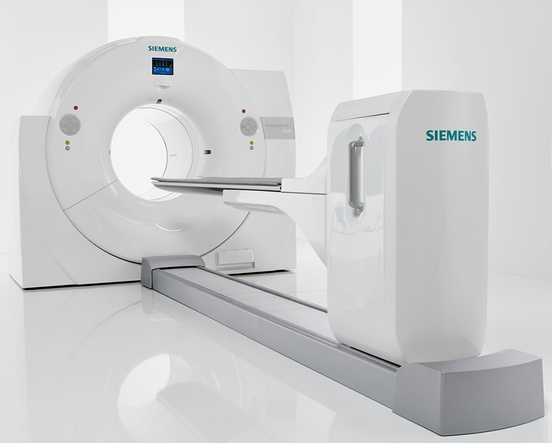Siemens has informed customers that some of its molecular imaging products are exposed to remote attacks due to vulnerabilities affecting Windows and other third-party components.
One advisory, published by both Siemens and ICS-CERT, warns of two critical Windows vulnerabilities that allow a remote, unauthenticated attacker to execute arbitrary code. The security holes impact Siemens Healthineers’ PET/CT and SPECT/CT medical imaging products running on Windows XP.
One of the flaws, CVE-2008-4250, is a critical Server service issue that had been exploited in targeted attacks when Microsoft patched it back in 2008. According to one researcher, it has also been leveraged in the past years to deliver the Conficker malware.
The second vulnerability is the more recent CVE-2017-7269, a buffer overflow vulnerability in Internet Information Services (IIS) 6.0 that has been exploited in attacks since at least July 2016. Microsoft has released a patch for this vulnerability on all its operating systems, including Windows XP due to the leak by Shadow Brokers of an NSA-linked exploit dubbed ExplodingCan.
Siemens says it’s working on releasing updates for the affected products and, in the meantime, it has advised customers to disconnect the devices from the network or deploy them in secure network segments.
While support for Windows XP ended in April 2014, the fact that Siemens has warned customers using this old version of Microsoft’s operating system is not surprising. Windows XP is still widely used, including in the healthcare sector.
Related: Learn More at SecurityWeek’s 2017 ICS Cyber Security Conference
A second advisory released by Siemens and ICS-CERT warns of other vulnerabilities affecting the molecular imaging products when running on Windows 7.
Siemens discovered that products running on Windows 7 are exposed to attacks due to four critical remote code execution vulnerabilities that can be exploited by an unauthenticated hacker. Three of them, discovered in 2015, affect Persistent Systems Accelerite Radia Client Automation (formerly HP Client Automation).
The fourth vulnerability, CVE-2015-1635, affects Windows and it was patched by Microsoft in April 2015. While the flaw can be exploited for remote code execution, researchers spotted denial-of-service (DoS) attacks leveraging the weakness shortly after it was fixed.
Siemens is also preparing patches for these security holes. Until the fixes become available, customers have been advised to take measures to prevent potential attacks.
Related: Vulnerabilities Found in Siemens Building Tech, Smart Grid Products
Related: Siemens Patches Flaws in SIMATIC, XHQ Products
Related: Siemens Patches Flaws in Industrial Automation Products













